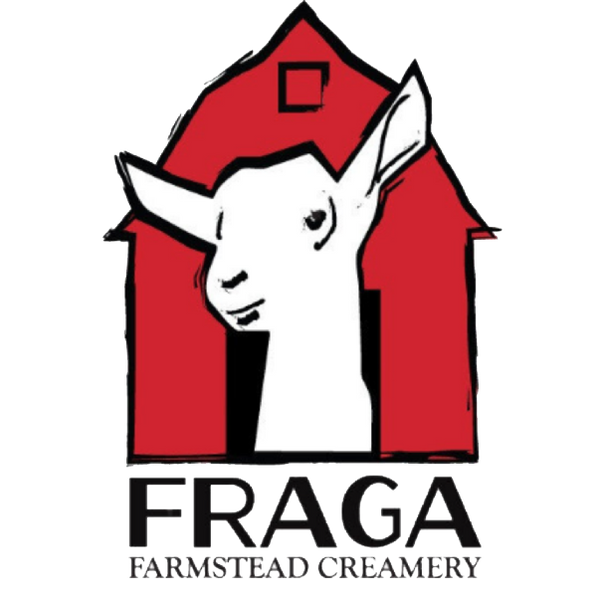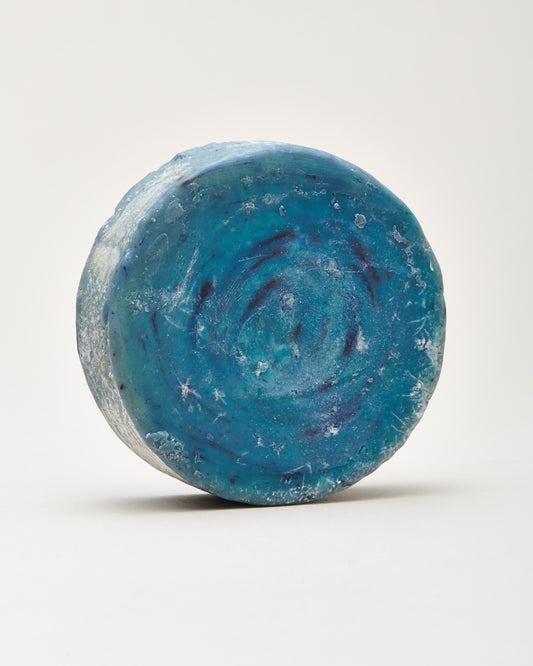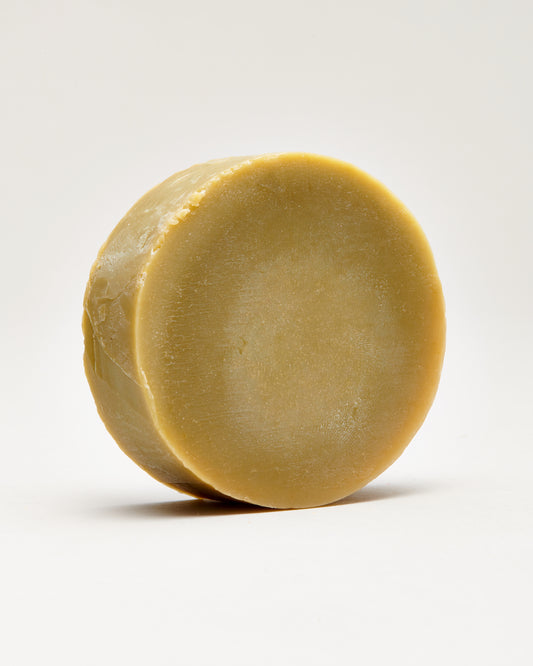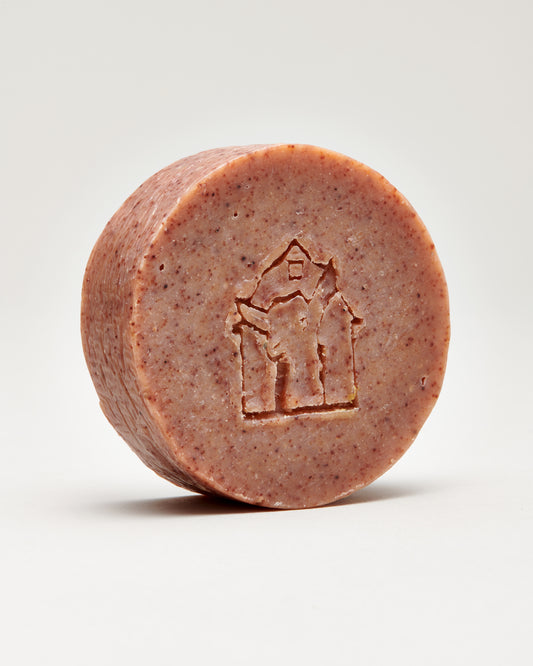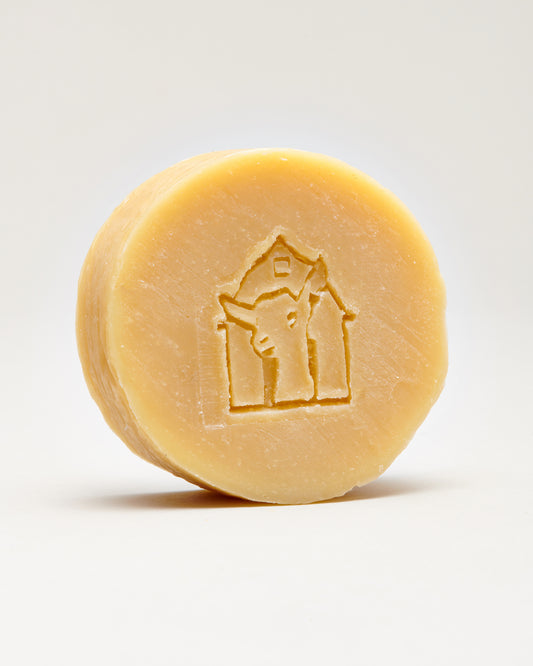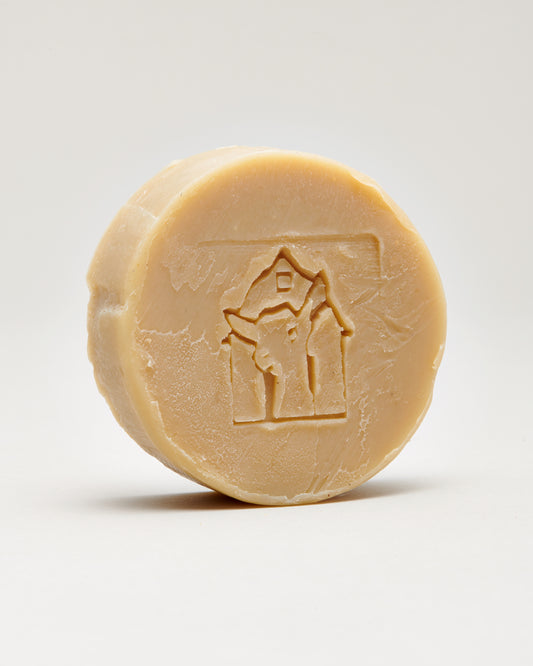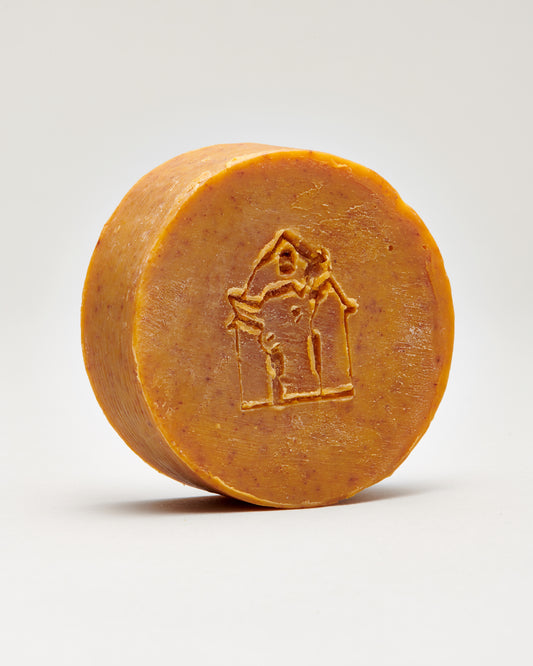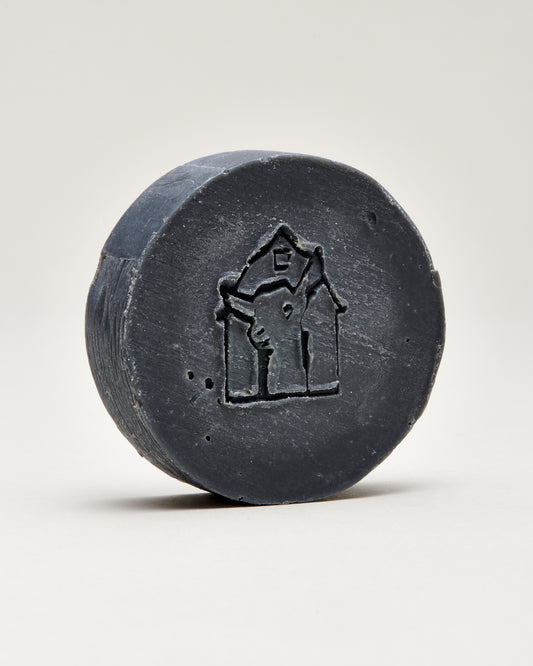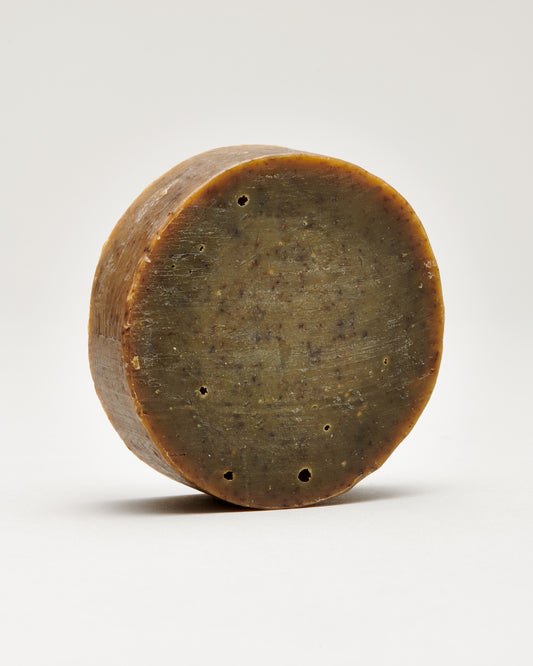Our Never Ever List
Here is our promise: Our products are made well to do good — by you and the world as a whole — and they do not include any of the following ingredients:
Sulfates, parabens, phthalates,synthetic colors or fragrances, triclosan, tuoline, talc, lead, PABA (benzones etc),PEG, formaldehyde, diethalonamine (foaming agents), alcohols/esthers, hydroqenone, petrolatum, mica powder or palm oil.
Many consumers have heard of “the dirty dozen” list of chemicals in beauty products: Chemicals that are known to be harmful to our environments and human health. Many of these substances are hard to avoid since they are not listed on ingredient panels - they are “incidental“ to other ingredients and this makes it very difficult for consumers and makers to avoid them!
Knowing this we are very particular about our ingredients. We go beyond the dirty dozen list and avoid common beauty product ingredients that even show up in artisan-made goods... Fragrance Oil, non-botanical colorants, palm oil, and mica are on our Never Ever list. Read on to find out more about our reasoning.
Collapsible content
No Fragrance Oils
When an ingredient is listed as “Fragrance” or “parfum” it is impossible for the maker to know what is in this product. The chemical composition is protected under trade secret laws and there are 3000 different chemical compounds used in fragrances. The naming of fragrance oils is quite poetic- like shades of paint! A name like “Mt Hood Essence” – evokes feelings but is devoid of facts and safety information!
Each Fragrance contains an average of 14 different chemicals- many of which are considered persistent compounds that bioaccumulate in our waterways.
Fish in the Great Lakes region show increasing amounts of artificial musk compounds and these compounds are also increasing in lake bed sediment.
Many artisan soap makers and customers seek to avoid “phthalates” – compounds that cause numerous human and environmental health issues like early onset puberty in girls and liver and kidney damage in children exposed to them frequently.
And yet it is impossible to avoid them in fragrance oils!
Phthalates are added to fragrance compounds to assist in the retention of perfuming agents- allowing scents to linger. Folks like things that smell nice for longer!
We do not use any fragrance oils. Ever. The only way that we can assure you of no phthalates is to only use pure, botanical EO from reputable sources – and that is what we do!
No Mica Powder
Mica powder provides a wonderful glittery sheen to colorants and it is a naturally occurring mineral. (The colorants used to die it a rainbow of shades and create beautiful colors in soaps that are not natural but chemical in nature).
We do not use mica due to the fact that Mica production is done primarily with the help of child labor under incredibly unsafe working conditions.
The Mica belt- where much of the world's mica is produced stretches through Malaysia and India. Much of it is in nature preserves and the respective governments have not allowed large, regulated mica mining operations. Instead much of it is mined in artisanal mines- and artisanal in connection with mining is not a good thing for the folks working in it. Think of folks hauling heavy sacks on their shoulder up unstable slopes while not wearing any protective gear in the presence of harmful fumes and dust. Many of these laborers are children- according to the not-for-profit researcher Terres des Holmes more than half of the laborers are children being paid pennies an hour- for a product that sells for a thousand dollars a kilo further down the supply chain!
Some larger upscale cosmetics companies like Sephora have therefore stopped using natural mica and are using a lab-produced equivalent. We all decided that we could go without a bit of glitter if it causes suffering elsewhere!
No Palm Oil
We don’t use it. It’s complicated.
Palm oil is an almost perfect oil for use in soaps. It has excellent qualities for creating a smooth foamy lather and adding hardness and lasting to soaps. It’s neutral in scent and of course, it is abundant and has the highest yield of all oil plants – that’s why it is cheap and in almost everything!
Palm oil is in half of the food products found in a regular supermarket- from ramen to donuts to pizza and in over 70% of beauty products.
We do not use palm oil due to the devastating impact that palm oil plantations have had on the environment and people living in the tropical growing regions.
There are attempts to improve palm oil's environmental impact (and its image) especially after the European Union passed legislation that does not allow for the import of the most devastatingly farmed type of palm oil- palm oil grown on recently raised native forest lands.
This has led to the devastation and extinction of creatures (orangutans!) and the displacement of indigenous communities- often by force.
Palm oil has become “less bad” after consumers became aware of its horrific impact but - there is a but.
When consumers started avoiding palm oil its international price collapsed. This led to few new plantations being planted in intact rain forests - a big win for consumers and the environment.
Today the price for other oils like olive oil has been rising – and this has made palm oil an alternative for folks in the soap-making industry.
This in turn has led to a rise in the prices in palm oil and there is concern amongst environmentalists that this will lead to increased logging again. As we said- it’s complicated but you can be sure that we are firmly committed to not using palm oil since there are alternatives, like olive oil!
Shop Our Soaps
-
Goat’s Milk Soap - Minty Blue Shampoo
Regular price $12.00 USDRegular priceUnit price / per -
Goat’s Milk Soap - Into the Woods
Regular price From $5.00 USDRegular priceUnit price / per -
Goat’s Milk Soap - Cedar Rose
Regular price From $5.00 USDRegular priceUnit price / per -
Goat’s Milk Soap - Good Citrus Morning
Regular price From $5.00 USDRegular priceUnit price / per -
Goat’s Milk Soap - Working Hands
Regular price $9.00 USDRegular priceUnit price / per -
Goat’s Milk Soap - Orange Turmeric
Regular price From $5.00 USDRegular priceUnit price / per -
Goat’s Milk Soap - Moon
Regular price From $5.00 USDRegular priceUnit price / per -
Goat’s Milk Soap - Nettle Love
Regular price $9.00 USDRegular priceUnit price / per
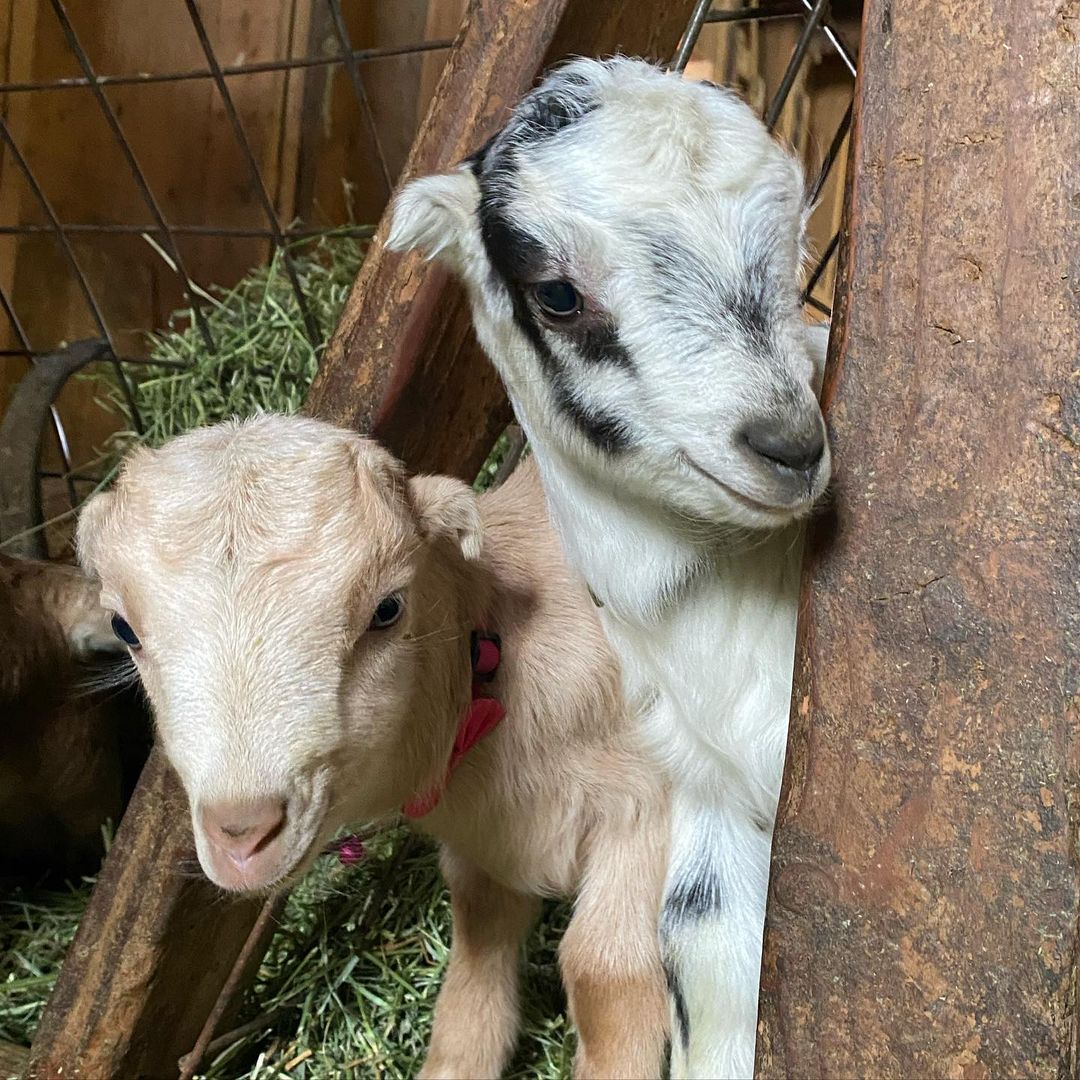
Our Ingredients
Check out our ingredients page to learn about each ingredient - why we chose it and where we source it!
